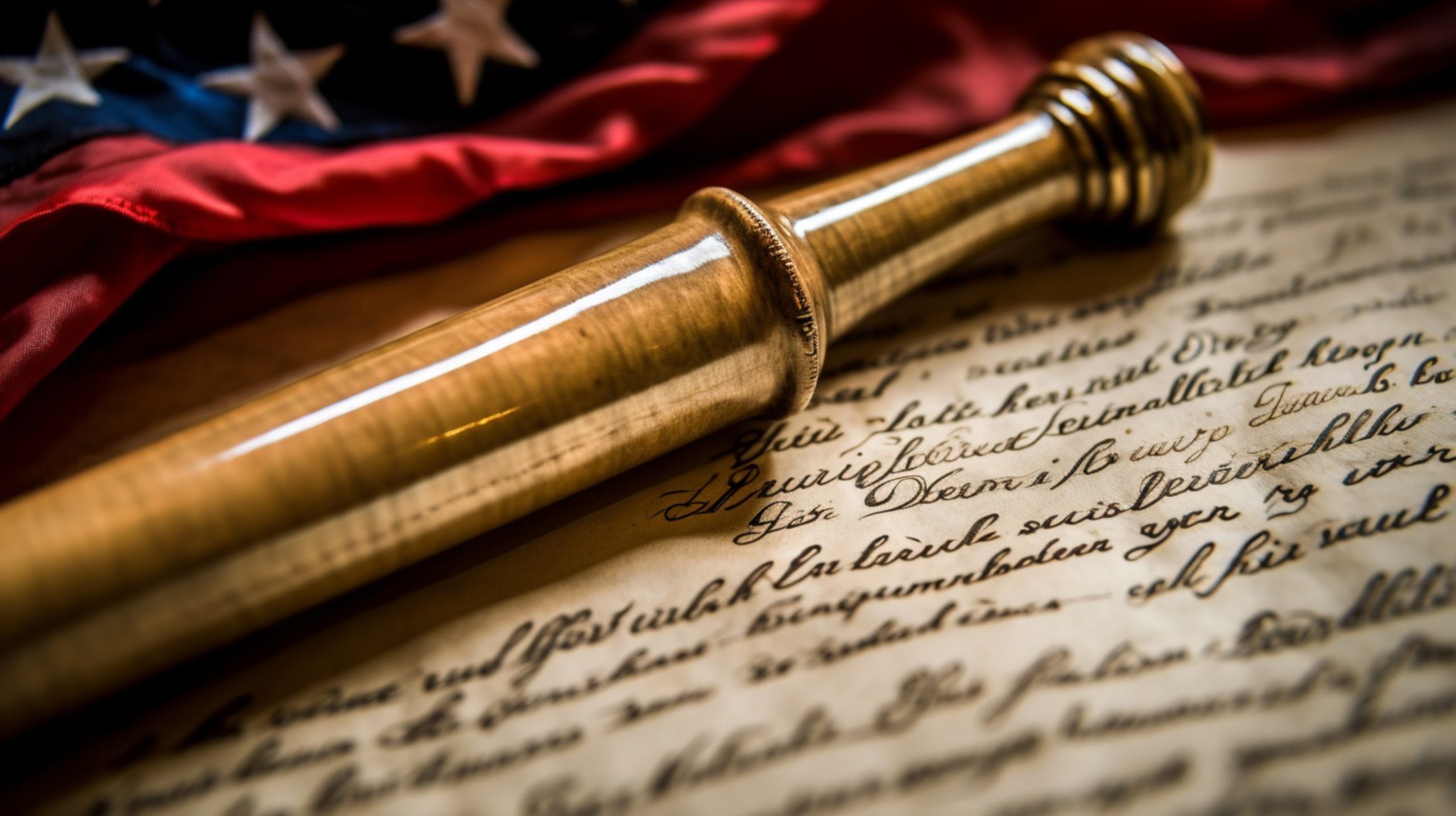1844 – The New Jersey State Constitution Adopted by Constitutional Convention

The 1844 Constitution of New Jersey marked a pivotal shift in the state’s governance. Replacing the original 1776 charter, it introduced significant democratic reforms, including the direct election of the governor, a clear separation of powers among the executive, legislative, and judicial branches, and the expansion of voting rights to all white men regardless of property ownership. The document also reorganized the legislative structure into a bicameral body, established stronger checks and balances, and provided the judiciary with greater independence.
While progressive for its time, the constitution reflected the limitations of its era — voting remained restricted by gender and race. Nevertheless, it laid the foundation for a more modern and representative government in New Jersey, serving as the state’s guiding framework until it was replaced by the 1947 Constitution.
- Article I
- Article II
- Article III
- Article IV
- Article V
- Article VI
- Article VII
- Article VIII
- Article IX
- Article X
Article VIII
General Provisions.
- There may be elected under this Constitution two, and not more than five, Justices of the Peace in each of the townships of the several Counties of this State, and in each of the Wards, in Cities that may vote in Wards. When a township or ward contains two thousand inhabitants or less, it may have two Justices: when it contains more than two thousand inhabitants, and not more than four thousand, it may have four Justices: and when it contains more than four thousand inhabitants, it may have five Justices: provided, that whenever any township not voting in wards contains more than seven thousand inhabitants, such Township may have an additional Justice for each additional three thousand inhabitants above four thousand.
- The population of the Townships in the several Counties of the State and of the several wards shall be ascertained by the last preceding census of the United States, until the Legislature shall provide, by law, some other mode of ascertaining it.
